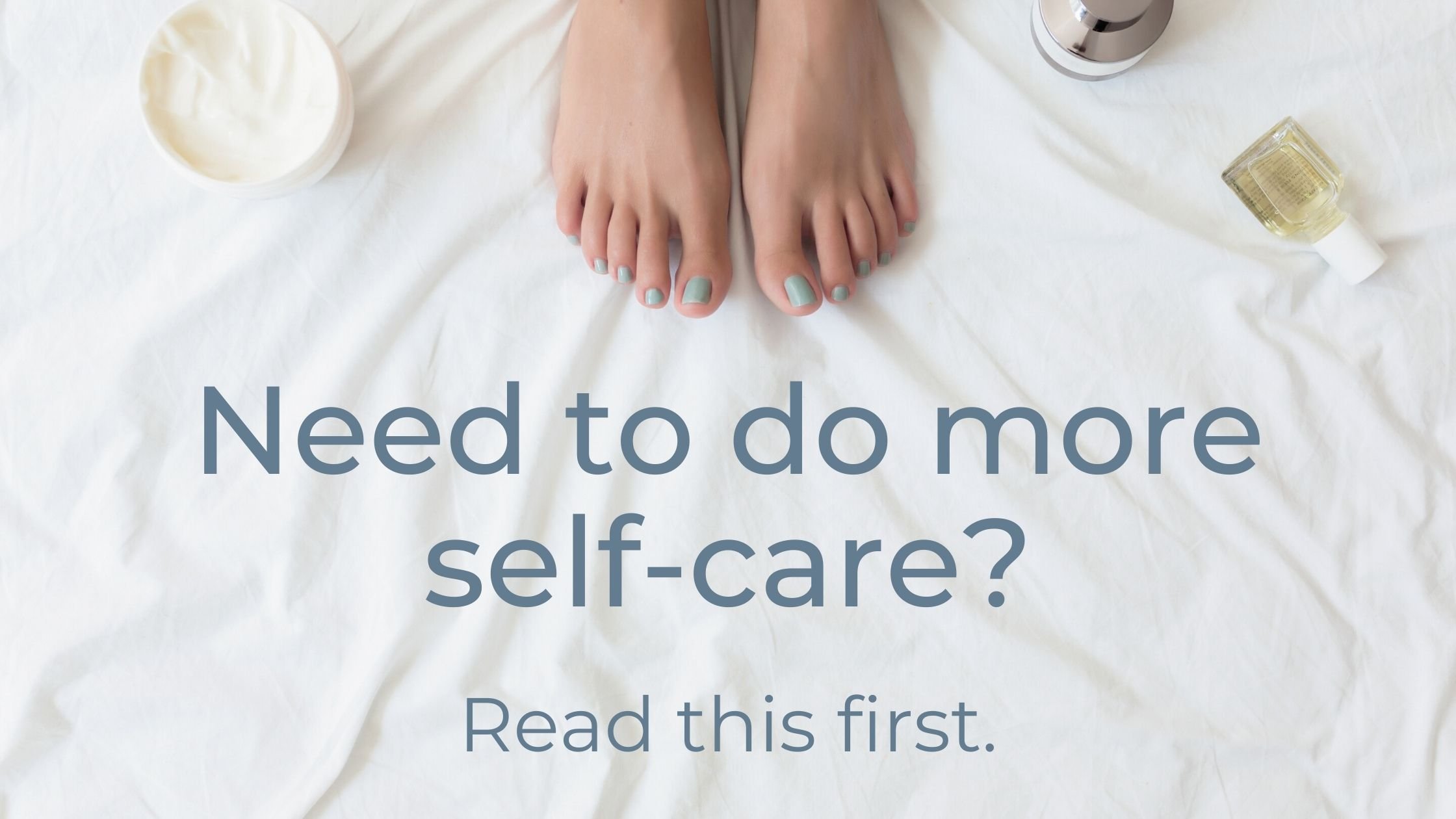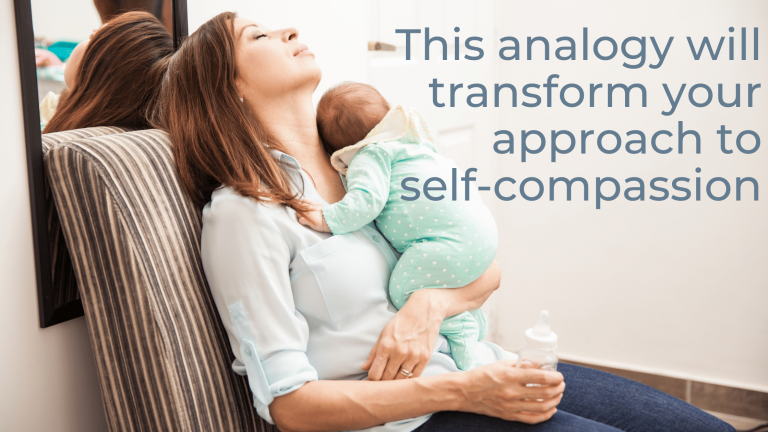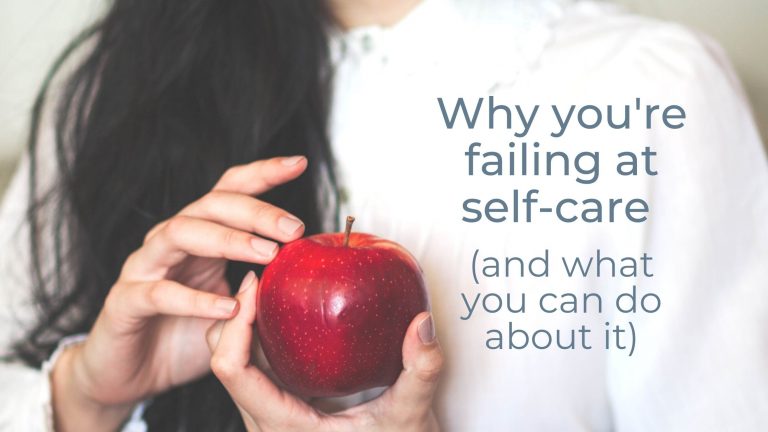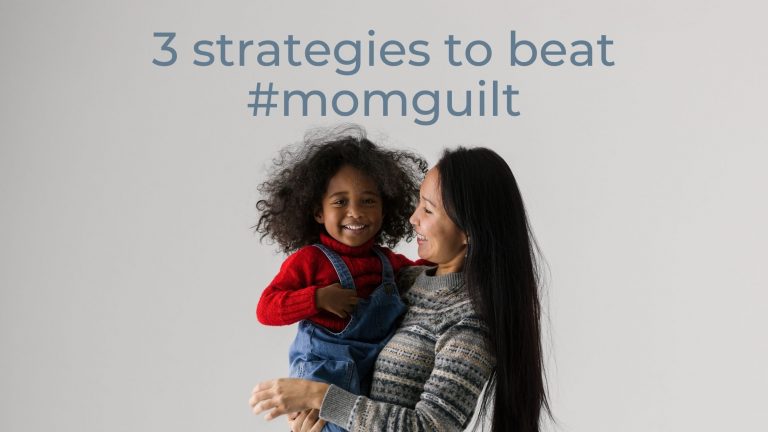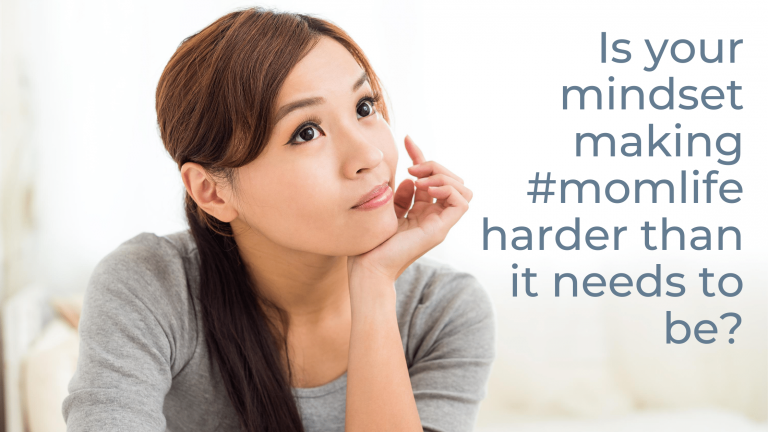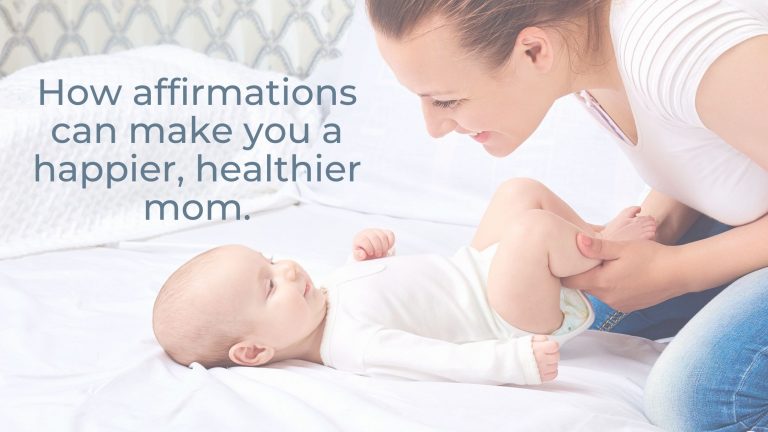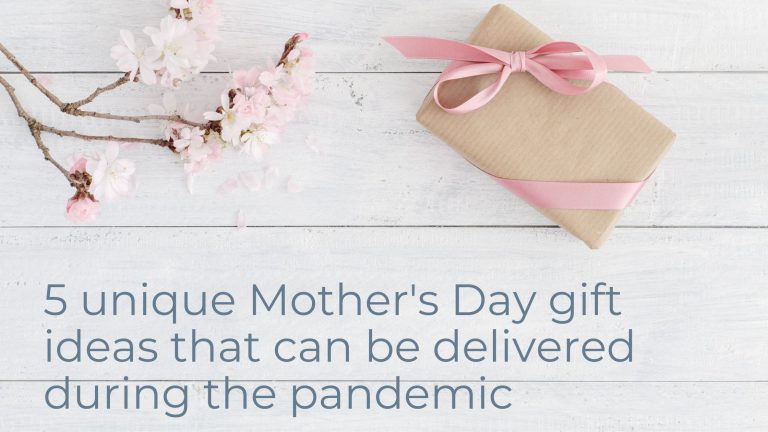Feel like you should be doing more ‘self-care’? Read this first.
There are three things I hate about self-care.
What’s the first thing that comes to mind when you hear ‘self-care’? I did some informal polling of mothers recently, and most people said ‘spa day’, quickly followed by ‘I don’t have time for that shit.’ Sound familiar?
I’m in the second group. And if I were to elaborate, I’d say that I’ve actually been suspicious of ‘self-care’ for a while. When I’m scrolling through my insta feed and see something about self-care, I sneer a little bit, as if someone’s wagging a finger at me, nagging me about one more thing on my list that I’m never going to get to.
Self-care. I get it. We have to take care of ourselves. Duh. But, my life. is. a. shitshow.
And then there’s the fact that self-care is really just a word that marketers use to sell us stuff. Face masks and scented candles and spa days and yoga mats and water bottles and new underwear (although I think all of those things are pretty nice).
And I’m simply annoyed when people talk about things like taking a shower and call it self-care. Is washing my armpits self-care or just basic hygiene? I can’t imagine anyone would ever counsel a man to take a shower and call it an act of indulgence.
Still, there’s something to it, isn’t there? There’s a reason why everyone is talking about self-care, why we’re all trying to do it, why people think they can sell it to us. So I wiped that sneer off my face and got to thinking about what self-care is actually all about.
This is what self-care really means.
Self-care as a concept is actually pretty simple. And it’s pretty radical too. It’s the idea that your needs matter, and that you can take responsibility for meeting those needs.
If that sounds nearly impossible to you, you’re not alone. In a 2015 survey, 78% of mothers said that they’re so busy prioritizing their family members’ health that they put off taking care of their own health and wellbeing. In fact, when they ranked the hierarchy of whose health needs get priority in their households, moms put themselves below household pets. What’s that? Mothers are putting the needs of the family dog ahead of their own health.
Learning to put ourselves last.
Why is this happening? Because so many of us have learned, over the span of our lifetimes, to put other people’s needs ahead of our own. This is a lesson that starts very, very young for girls, and it gets in deep under our skin.
Not only do we learn how to take care of other people, we learn that we should do it. We are taught that anticipating the needs of others, and taking care of those needs is a valuable thing, and key to unlocking the social rewards afforded to our gender role.
As we get older we learn to hide or suppress our own needs as we realize that having needs – and taking time and space to address them – is an inconvenience for people around us.
Then we become parents. And we’re in a situation where a tiny human is literally depending on us for survival. We must meet all of their needs, and we do it, no matter how hard it is and no matter how little support we get.
And when this parenting thing gets tough, well, we’ve been practicing how to suppress our needs all along, haven’t we? So when the pressures of life become overwhelming, and there’s never enough time or money or support or energy, it’s so easy to tuck away all the things that we need and just get through. And pretty soon the dog is better cared for than mom.
Real self-care looks like this.
Real self-care is a process of tuning into yourself, recognizing your needs and learning to make them a priority. It’s simple enough, but not easy.
There’s the hard work of figuring out what your needs are, and noticing when they arise. That’s a skill that many of us are still developing.
And then there’s the challenge of prioritizing those needs in a context where you’re still responsible for the wellbeing of other humans. That’s often a logistical problem more than anything – a quandary of time and energy and money that is exhausting just to contemplate.
The good news is that it is possible to take small steps that get you to a place where self-care is integrated into your daily life, because ultimately, self-care is just a set of skills that you can work on and build up, a little bit every day.

